Thorough Chimney Inspection to Maintain Fireplace Safety
Regular chimney inspections are essential for maintaining safety and efficiency of fireplaces. Ensuring that all components function properly helps prevent potential hazards and prolongs the lifespan of the chimney system.
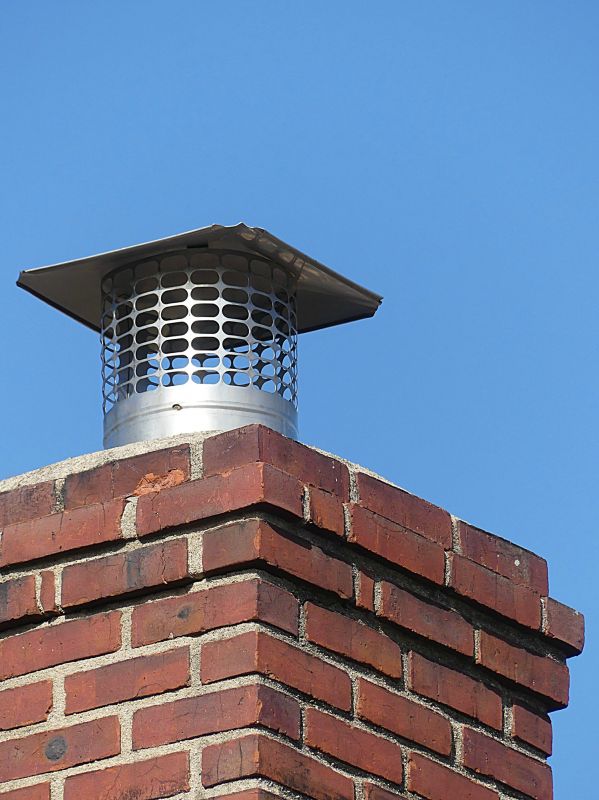
A chimney cap prevents debris, animals, and water from entering the chimney, reducing the risk of damage and blockages.
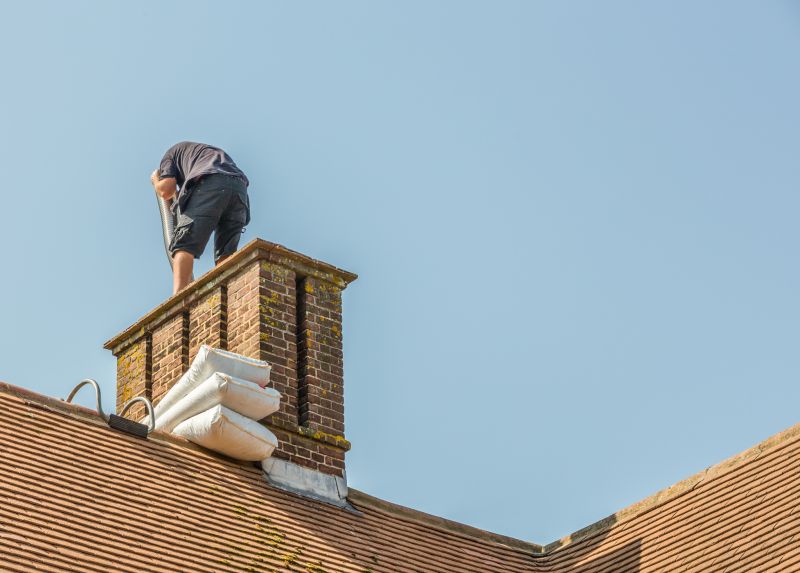
The liner protects the chimney walls from heat and corrosion, ensuring safe venting of smoke and gases.
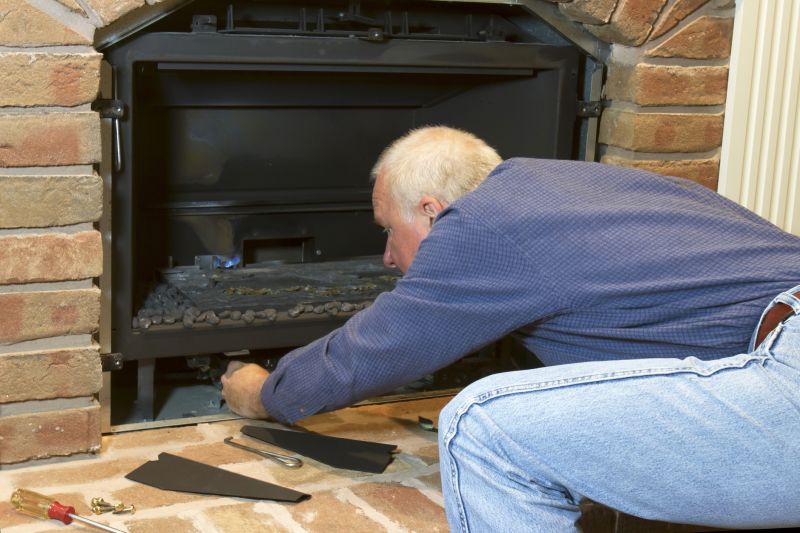
The damper controls airflow and prevents heat loss when the fireplace is not in use, contributing to energy efficiency.
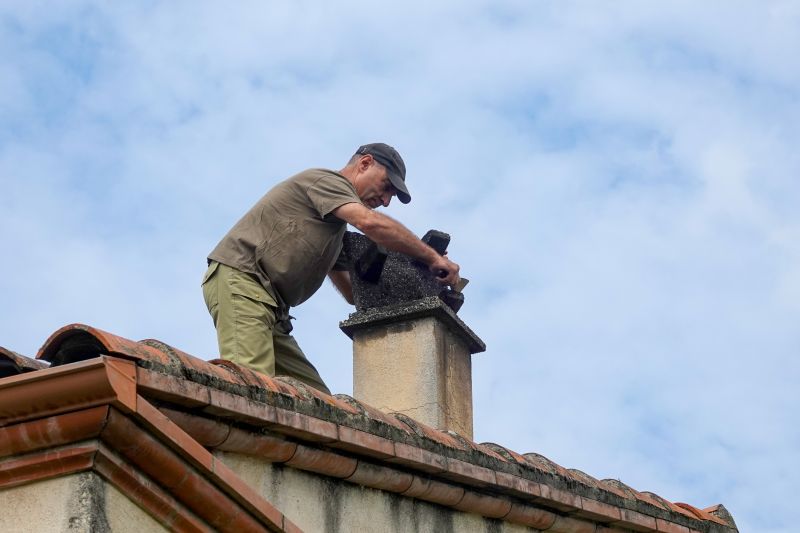
The flue directs smoke and combustion gases outside, and its proper functioning is vital for safe operation.

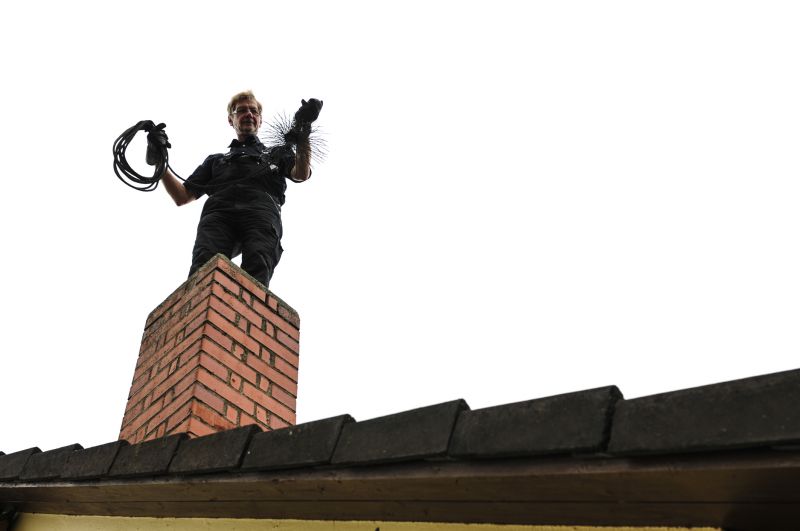
A thorough inspection evaluates critical components such as the chimney cap, liner, damper, and flue. Damage or buildup can cause dangerous creosote accumulation, blockages, or structural issues that may lead to fire hazards or carbon monoxide leaks.
Regular inspections identify potential problems early, preventing costly repairs and ensuring safe fireplace operation.
Cracked liners, damaged dampers, and obstructions are frequently found during inspections, all of which can impair chimney performance.
Neglecting chimney maintenance can result in chimney fires, smoke damage, or harmful gases entering living spaces.
A professional assessment includes visual examination, cleaning, and sometimes the use of cameras to detect hidden issues.
Ensuring the chimney and fireplace are in proper working condition reduces safety risks and enhances operational efficiency. Regular inspections are recommended to maintain optimal performance and safety standards.
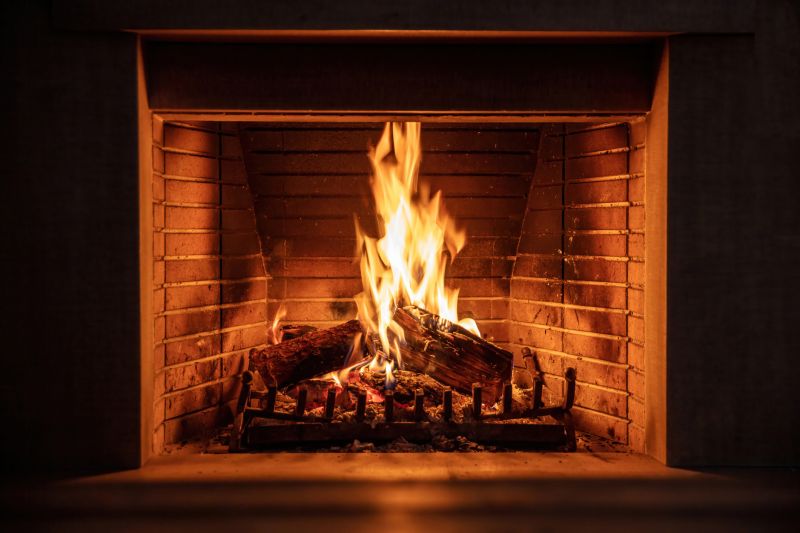
A well-maintained wood burning fireplace provides reliable heat and ambiance.
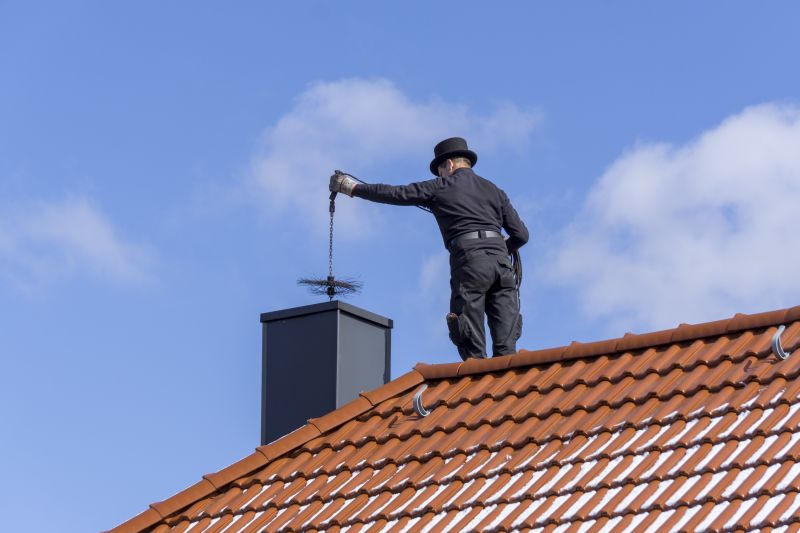
Cleaning removes creosote buildup, reducing fire risk and improving airflow.
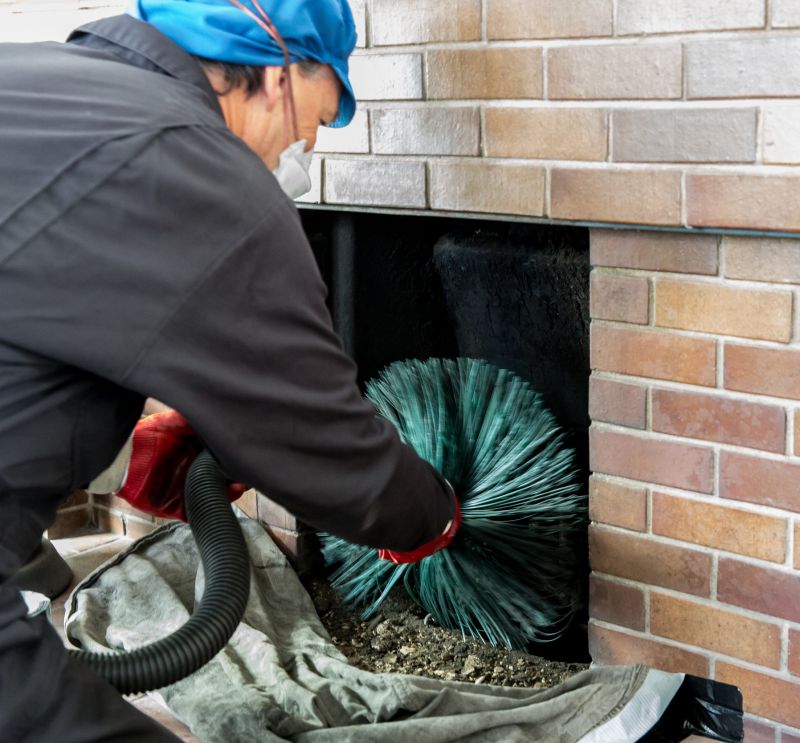
Checking the damper ensures proper sealing and airflow control.
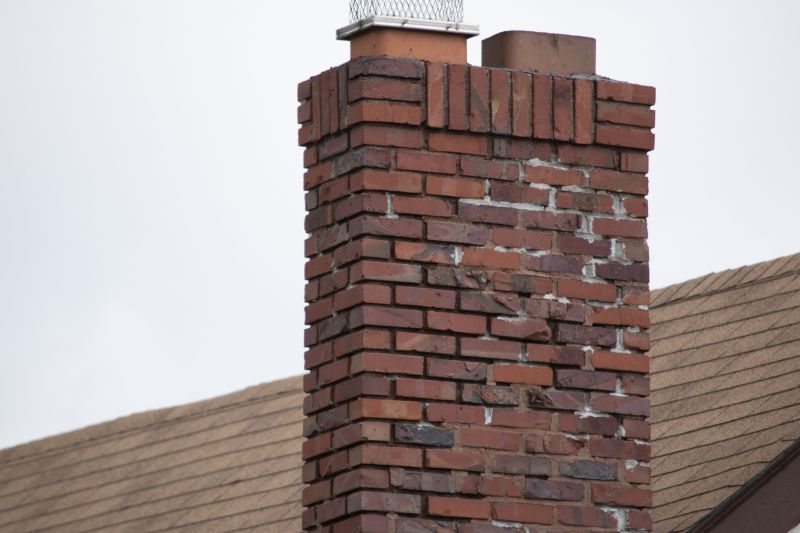
Inspecting the structural integrity prevents collapse or damage.
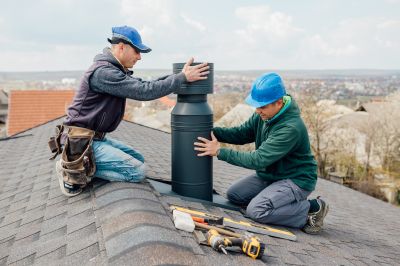
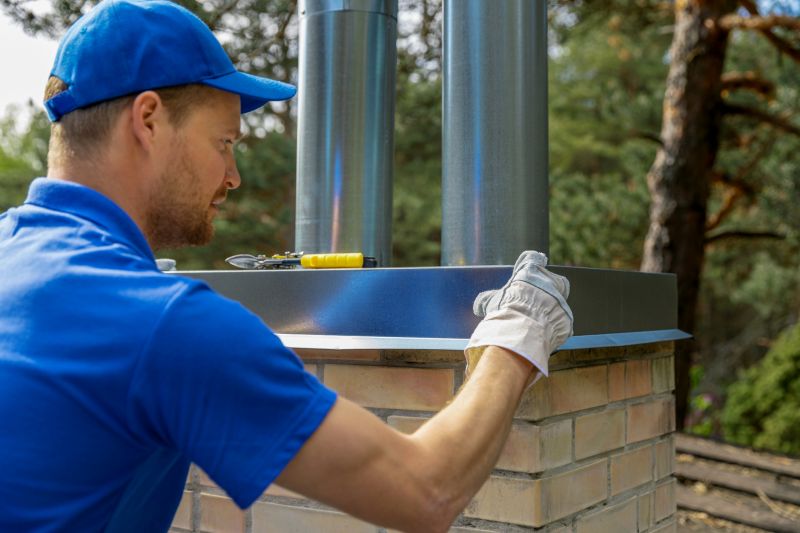
Use the contact form to request a quote for chimney inspection services. Professional assessments help maintain safety, improve efficiency, and prevent costly repairs.
